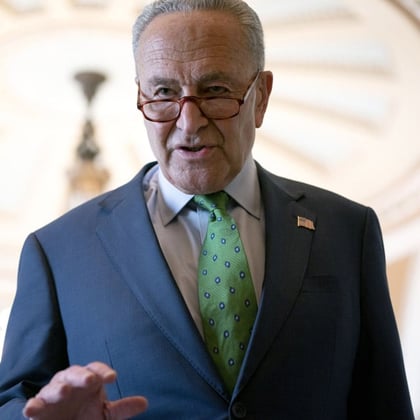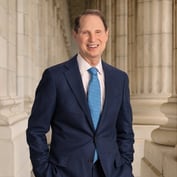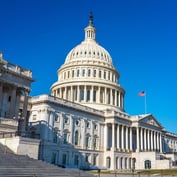What You Need to Know
- House Majority Leader Chuck Schumer is pushing for Democrats to reach an agreement this week.
- Free community college is likely to be cut from the package and the extended child tax credits pared back.
- Expansions to Medicare and the SALT deduction are expected to remain in the bill.
Congressional Democrats made significant headway in breaking their stalemate on President Joe Biden’s economic agenda Tuesday by jettisoning or trimming portions of the multitrillion-dollar tax and spending package.
The progress came after Biden met with representatives of both wings of the party at the White House on Tuesday and as Senate Majority Leader Chuck Schumer put pressure on Democrats to sew up a deal this week.
Among the expected targets for cuts is a program that would provide two years of tuition-free community college. The extension of the expanded child tax credit, meanwhile, will likely be one year as opposed to four, according to a personal familiar with the discussion. Lawmakers are also discussing keeping health care expenditures under $250 billion, the person said.
Those changes could slice hundreds of billions of dollars from the overall cost of the plan as Democrats look to scale back a $3.5 trillion framework to roughly $2 trillion to bridge differences in the party. Slim majorities in both the House and Senate mean that nearly every congressional Democrat will have to vote for the plan.
“The pace has picked up,” Schumer said after a closed-door lunch with other Senate Democrats. “The desire to get this done is universal.”
Schumer said congressional leaders are pushing for a “framework” by the end of the week on a package of tax increases and programs to fight climate change and expand federal support for education, child care and health care. That would clear the way to advance that plan as well as the Senate-passed $550 billion public works bill awaiting action in the House.
Nine House Democrats, including Progressive Caucus Chairwoman Pramila Jayapal, met with Biden, Vice President Kamala Harris and Treasury Secretary Janet Yellen for about two hours beginning shortly after 2 p.m. in Washington. Biden, Harris and Yellen later met with eight centrist Democrats, including Senators Jon Tester of Montana and Mark Warner of Virginia.
‘Urgency’
“There was broad agreement that there is urgency in moving forward over the next several days and that the window for finalizing a package is closing,” White House Press Secretary Jen Psaki said in a statement Tuesday night.
The trick will be settling on legislation that can appeal to the broadest swath of the party — including two key moderate holdouts, Senators Joe Manchin and Kyrsten Sinema, and progressives such as Senator Bernie Sanders.
Representative Josh Gottheimer, a New Jersey Democrat, said he is confident the final deal will include an expansion of the state and local tax, or SALT, deduction, a valuable write-off for residents of high-tax areas.
Jayapal emerged from a Tuesday evening meeting with Democrats saying the bill’s final cost would be $1.9 trillion to $2.2 trillion, down from the $3.5 trillion the House had previously endorsed.
An expansion of Medicare benefits, to include dental, vision and hearing, is in the bill, but the details are still being negotiated, Representative Ro Khanna, a California progressive said. Universal pre-kindergarten will also be in the bill, and will not be based on salary, he said.
However, the Clean Electricity Performance Program will likely not make the cut, Khanna said. Lawmakers are looking at alternatives to meet the goal set by Biden for 50% emissions cuts by decades end. A deal would give the president something to highlight when he attends a UN climate summit in Glasgow that begins Oct. 31.
“If we don’t get this done, it’s going to be a huge dent to American credibility on climate change,” Khanna said.
Biden has been talking individually with Manchin and Sinema, who are pressing him to significantly pare down the social-spending legislation. He met separately Tuesday with both senators.









 October 20, 2021 at 11:03 AM
October 20, 2021 at 11:03 AM











